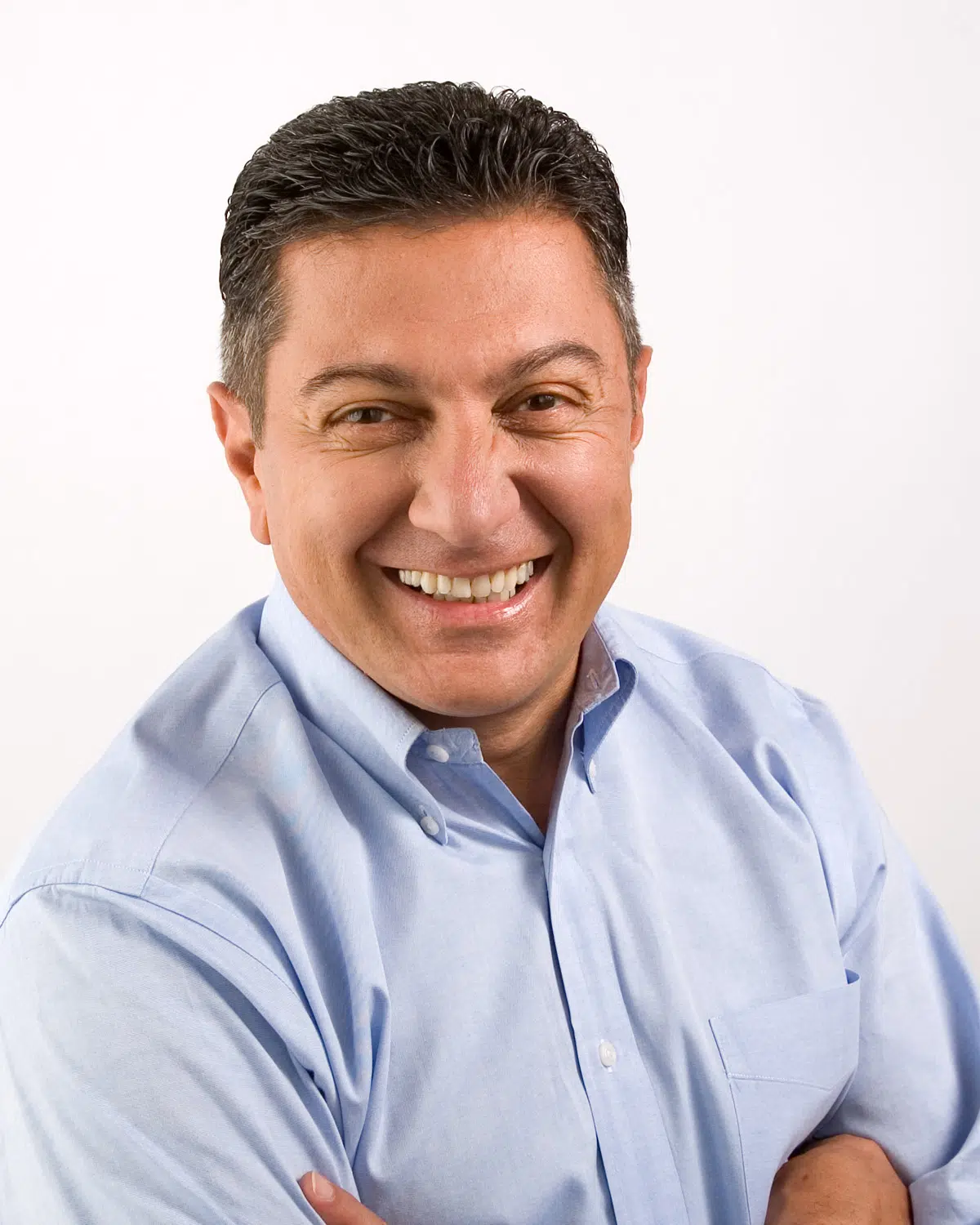By David Shepardson and Tim Hepher
FARNBOROUGH, England (Reuters) – Planemakers trickled out new jetliner orders on day two of the Farnborough Airshow on Tuesday, but the minds of most aviation bosses were on worldwide supply chain snags and blistering temperatures as Britain battled a record heat wave.
The number of new plane orders reached 142 as Airbus and Boeing secured deals for more than 40 small- and medium-haul jets, while Boeing unveiled the identity of the buyer of an existing order for 20 jets, Japan’s ANA.
On Tuesday, Delta Air Lines placed an order for 12 more A220 jets from Airbus, confirming a Reuters report.
Boeing won an order for 30 more 737 MAX jets from Miami-based private equity firm 777 Partners, a purchase which could rise to 66 jets if all options are exercised.
It also secured a deal for five 787-9 Dreamliners from AerCap, taking the leasing giant’s fleet of 787s owned or on order to 125.
But activity was thin compared to some past editions.
“Despite record heat, no record-breaking orders,” Jefferies analysts said in a note.
An artificial village of chalets, usually crammed with dealmakers and arms buyers in golf buggies at the world’s joint-biggest air show, stood relatively quiet as executives sheltered from baking temperatures or rescheduled their meetings.
The show itself brought reminders of a problem-strewn recovery from COVID-19, with trains disrupted, London airports facing ongoing delays and Luton Airport and Brize Norton military transport base facing melting runways a day earlier.
And the soaring temperatures underscored the challenges of meeting net zero emission targets after British Prime Minister Boris Johnson opened the event on Monday calling for renewed efforts to tackle a “carbon tea cosy” stifling the planet.
CHALLENGING TIME
“There are things that are outside our control,” easyJet CEO Johan Lundgren told reporters on Tuesday.
“We can’t help it if runways are closed down because they’re melting. We can’t help if air traffic control puts restrictions into the flow system,” he said. “But the things that actually are within our control, that’s been stabilised.”
The industry is meeting for the first time on such a scale since the outbreak of COVID-19 pummeled air travel and fractured supply chains, with parts makers struggling to get back up to speed amid labour shortages and soaring inflation.
“We have an industry grappling with a downturn and (then) a bounce-back at a challenging time for the economy,” the head of conglomerate General Electric, Larry Culp, said on Monday.
Stabilising production plans rather than adding to bulging order books is the main focus of this year’s event, though Boeing is keen to shore up its 737 MAX programme with deals following a safety crisis and a slew of regulatory issues.
On Monday, Boeing landed a deal for 100 MAX 10 airliners from Delta Air Lines.
For airlines the battle back from the impact of the pandemic will likely take until next year, said Tim Clark, president of Emirates, which has clashed with London’s Heathrow over enforced capacity cuts stemming from staffing shortages at the airport.
This year the airline industry must simply “tough it out”, Clark said.
The Farnborough air show, held biennially some 35 miles (56 km) southwest of London, was cancelled in 2020 due to COVID-19. The last Farnborough show, in 2018, produced more than $190 billion in headline deals.
(Additional reporting by Paul Sandle, Nick Carey; editing by Jason Neely)




